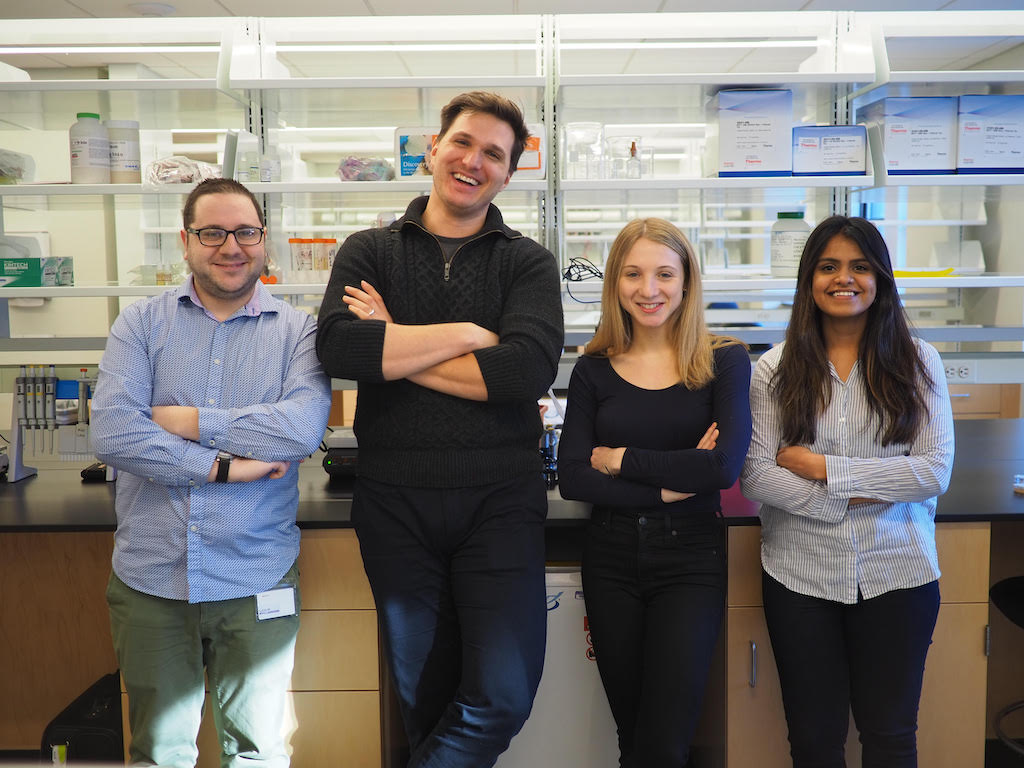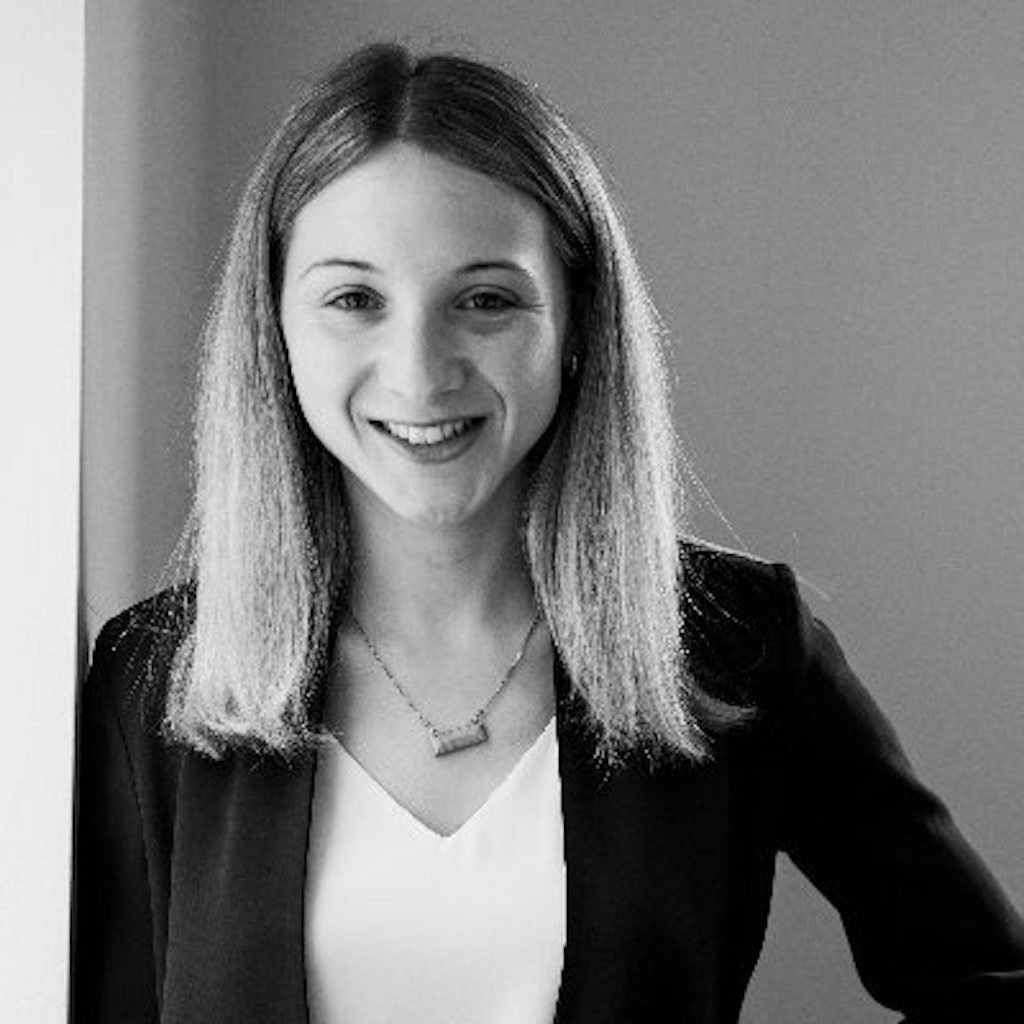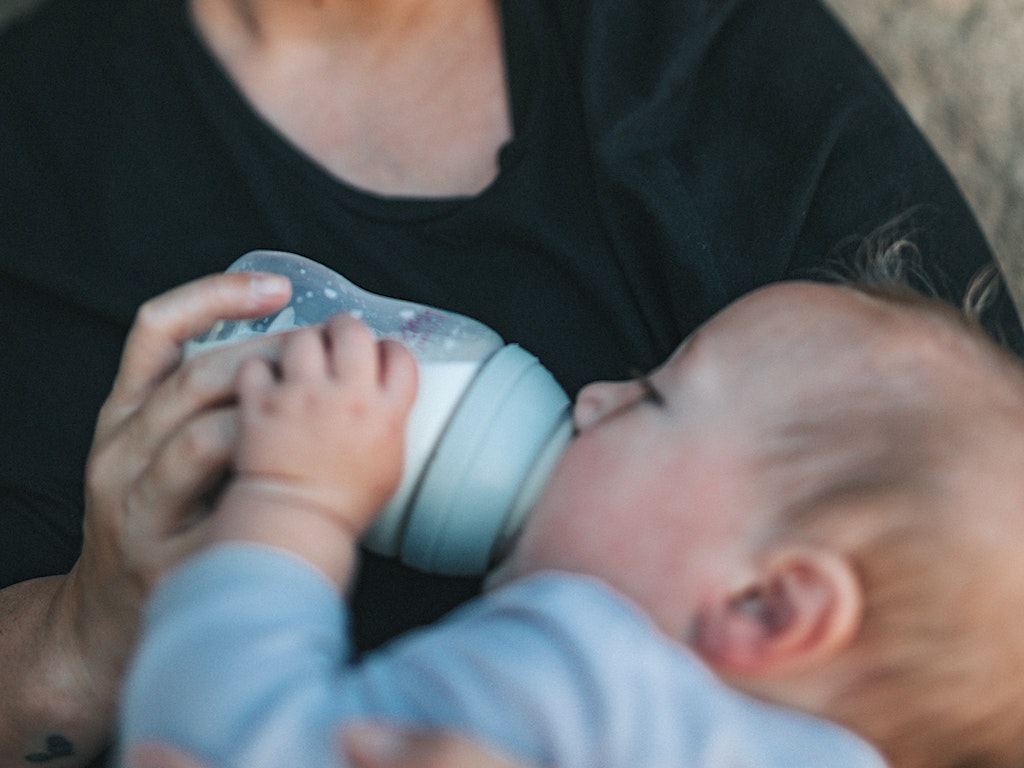3 Mins Read
Breast milk appears to be the next frontier in the world of biotech, with a new player joining the emerging sector focused on disrupting infant nutrition. Based in New York, startup Helaina is using precision fermentation to recreate “nature-equivalent” breast milk components with immunity-building potential.
While some companies are using cellular agriculture to develop next-gen human breast milk, Helaina is tapping precision fermentation technology—and says its proteins are 99% identical to the real deal. The startup, based in New York, is using the same tech that Perfect Day pioneered to make bioidentical whey proteins without any cows, which is now being used in cruelty-free ice creams like Brave Robot and Ice Age.
99% identical human breast milk
Speaking to The Spoon in a recent interview, the startup’s founder Laura Katz explained that using precision fermentation enables the creation of proteins and components that are 99% identical to those in real human breast milk.
“Our goal is to replicate the immune equivalent proteins found in breast milk,” said Katz, who added that the components have the same antibacterial, antifungal, antiviral properties and immunity-building qualities for babies. Helaina, which is being fueled by $4.6 million in pre-seed and seed funding, is now in its R&D stages of building its proprietary microbial fermentation platform.
By developing a nutritionally matched alternative for breast milk, the startup hopes to offer mothers who may not be able to breastfeed a better choice than what’s available in the market. It’ll also be a far more sustainable substitute, given the dairy industry’s strong grip on the current infant formula market, which is estimated to grow to US$103 billion by 2026.
Breast milk alternatives can further allay health concerns over PFAS contamination in human breast milk, with the presence of “forever chemicals”—found in everyday products such as food packaging and cosmetics—having been detected in 100% of samples from U.S. mothers in a recent study.

Go-to-market plan
In the interview, Katz revealed that the company is in the process of working with the FDA to gain safety approval for its product. While it doesn’t have any timeline for launch, Helaina is most likely going to go-to-market with a powder form product before expanding into different formats.
The startup, which counts Primary Venture Partners and Spark Capital among its investors, says that it also has ambitions to use its microbial fermentation platform to develop more protein components in the future. However, for now, its efforts are primarily centred on recreating the proteins within human breast milk.

Other startups that are creating breast milk alternatives include Biomilq, a company based in Durham, North Carolina, which has recently produced what it says is the “world’s first cell-cultured human milk outside of the breast”. It uses cell-based technology to recreate the macronutrient profile of human breast milk, matching everything from the proportion and type of proteins to the fatty acids and bioactive lipids.
In Singapore, TurtleTree Labs is also developing lab-grown human milk for babies in addition to cell-based cow’s milk. While no firm plans have been revealed, Swiss food giant Nestlé could be the next player to enter the space, signaling the potential move with a recent job listing for a specialist in mammary gland development and lactation biology.
Lead image courtesy of Unsplash.




